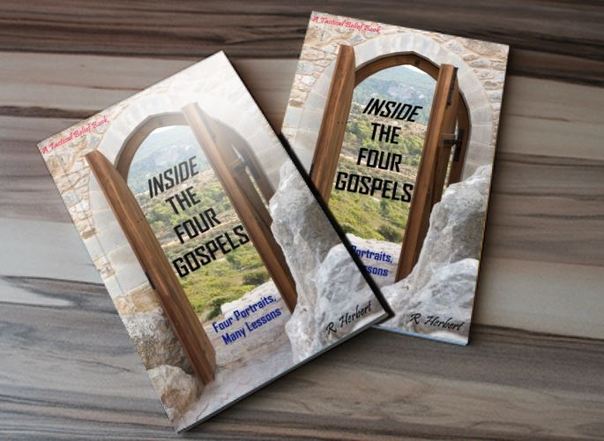Yet many Christians do not know why there are four Gospels, exactly how they differ, or what their unique lessons are. This book answers those questions by looking at the “stage,” the “actors,” and the “story” of the Gospels and by providing background and perspective that can greatly increase your understanding of their message. The four Gospels are certainly among the most important books of the Bible. Isn’t it time you got to know them better?
Our free new book Inside The Four Gospels is available in formats for computer, e-book reader and smart phone. Download a copy here.





 RSS Feed
RSS Feed
